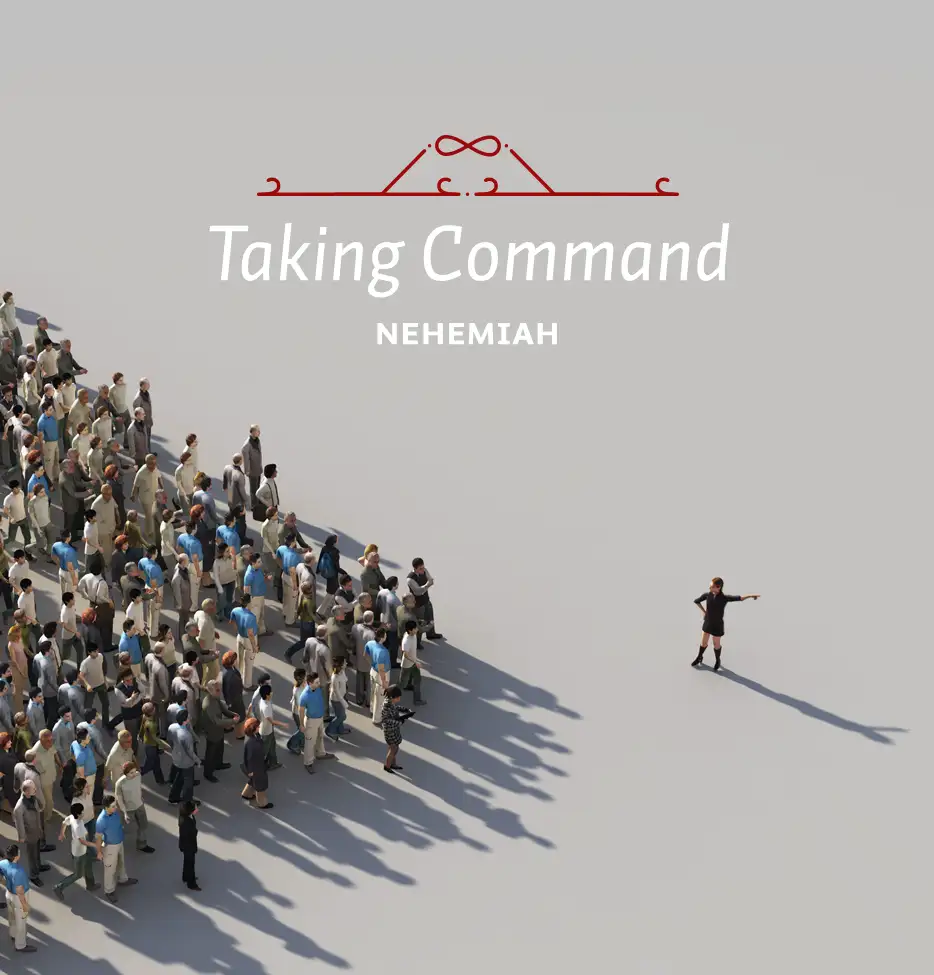In his study of these verses Charles Swindoll distinguishes between external motivation, which Nehemiah did not use, and internal means, which he did. Most managers use external means exclusively even though studies show that this is generally least effective. They think that people are motivated primarily by money. Harvey S. Firestone, the founder of the great Firestone Tire and Rubber Company, said, “I have never found that pay and pay alone would either bring together or hold good men. I think it [is] the game itself.”1 Firestone had learned that for most people money comes low on the list of reasons why they choose a job, stay with it, or feel challenged by it.
Take Winston Churchill as an example. Churchill was a superb motivator. Yet he seems never to have promised anything externally—not prosperity, not leisure, not the return of good times. He offered only the satisfaction of having done the hard thing well. Churchill said:
I have nothing to offer but blood, toil, tears and sweat. What is our aim? I can answer in one word: Victory—victory at all costs, victory in spite of all terror; victory however long and hard the road may be; for without victory there is no survival. We shall not flag or fail. We shall go on to the end, we shall fight in France, we shall fight in the seas and oceans, we shall fight with growing confidence and growing strength in the air; we shall defend our island, whatever the cost may be, we shall fight on the beaches, we shall fight on the landing-grounds, we shall fight in the fields and in the streets, we shall fight in the hills; we shall never surrender, and even if, which I do not for a moment believe, this island or a large part of it were subjugated and starving, then our Empire beyond the seas, armed and guarded by the British Fleet, would carry on the struggle, until, in God’s good time, the New World, with all its power and might, steps forth to the rescue and the liberation of the old.”2
Nehemiah’s appeal was similar though couched in less dramatic language. He challenged them to rebuild so that “we will no longer be in disgrace” (v. 17). It was an appeal to their nobler instincts or patriotism.
Let me apply this spiritually. The people of Jerusalem were motivated by their earthly citizenship and responded, as the story shows, by rebuilding their city’s walls. We have a heavenly citizenship (Phil. 3:20). Are we proud of that citizenship? Are we motivated to work enthusiastically for its good? There is work to be done, walls to be rebuilt. Besides, in contrast to the mere earthly building of Nehemiah’s days, what we are to build is lasting.
1Dale Carnegie, How to Win Friends and Influence People (New York: Simon & Schuster, 1963), 175.
2Winston S. Churchill, Their Finest Hour, vol. 2 of The Second World War (Boston: Houghton Mifflin, 1949), 25-26, 118.






